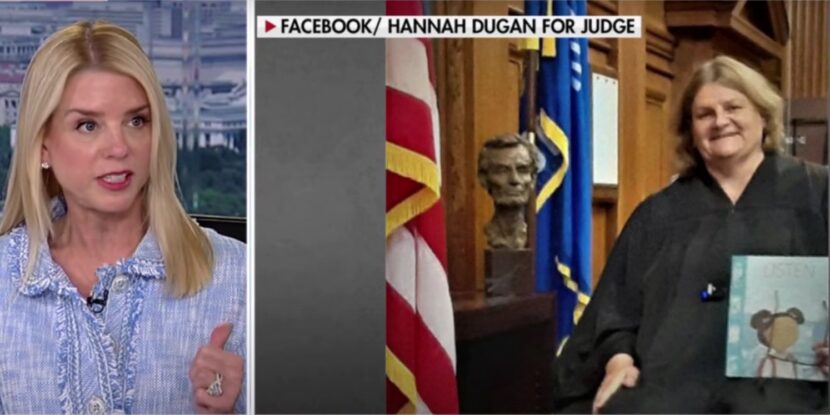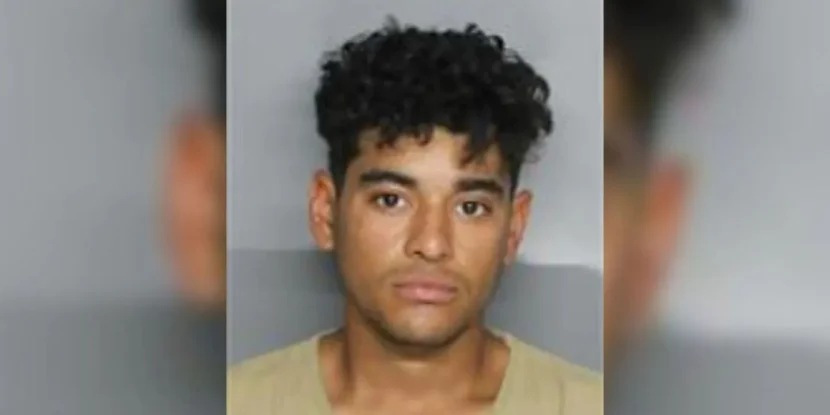PULSE POINTS:
❓What Happened: Europe saw the largest number of accepted asylum claims since 2017 last year.
👥 Who’s Involved: European Union (EU) member states, asylum seekers.
📍 Where & When: Eurostat announced the 2024 figures on April 25.
💬 Key Quote: “This is the highest value since the peaks recorded after the refugee crisis related to the war in Syria in 2016 and 2017.” — Eurostat.
⚠️ Impact: The stats come as Europe supposedly tries to clamp down on illegal migration, proving that the issue remains unresolved.
IN FULL:
Europe accepted more asylum applications from migrants in 2024 than in any year since 2017, totaling over 430,000 migrants. The European statistics agency Eurostat announced the numbers this week, noting that half of the migrants came from either Syria or Afghanistan.
“This is the highest value since the peaks recorded after the refugee crisis related to the war in Syria in 2016 and 2017,” Eurostat said in a press release.
Germany saw the largest number of accepted asylum claims, making up 34.4 percent of the overall number. Over 185,000 migrants were given full refugee status, while over 169,000 were given subsidiary protection so they could not be deported. Nearly 14,000 migrants entered Europe as part of a United Nations (UN) program, with nearly half ending up in Germany.
Close to half of those who applied for asylum in 2024 were rejected, with Portugal accepting only ten asylum seekers last year, the highest rejection rate in Europe at 99.2 percent. Germany, on he other hand, rejected just 46.6 percent of applications.
Notably, even rejected asylum seekers are often not deported, even if they are officially served deportation orders.
This year, the European Commission, the EU’s unelected central executive, reported that France may overtake Germany as the most popular destination for asylum seekers. France recorded over 40,000 asylum applications in the first three months of this year, compared to just over 37,000 for Germany.
In recent years, many European Union member states have switched to focusing on controlling illegal migration and prioritizing the deportation of those who have no right to stay, as establishment political parties seek to head off electoral advances by anti-mass migration populists. Sweden is offering as much as $34,000 to migrants who wish to go back to their home countries.
Despite the change, the 2024 statistics show the number of illegal immigrants flowing across the borders of European member states remains historically high.
show less









